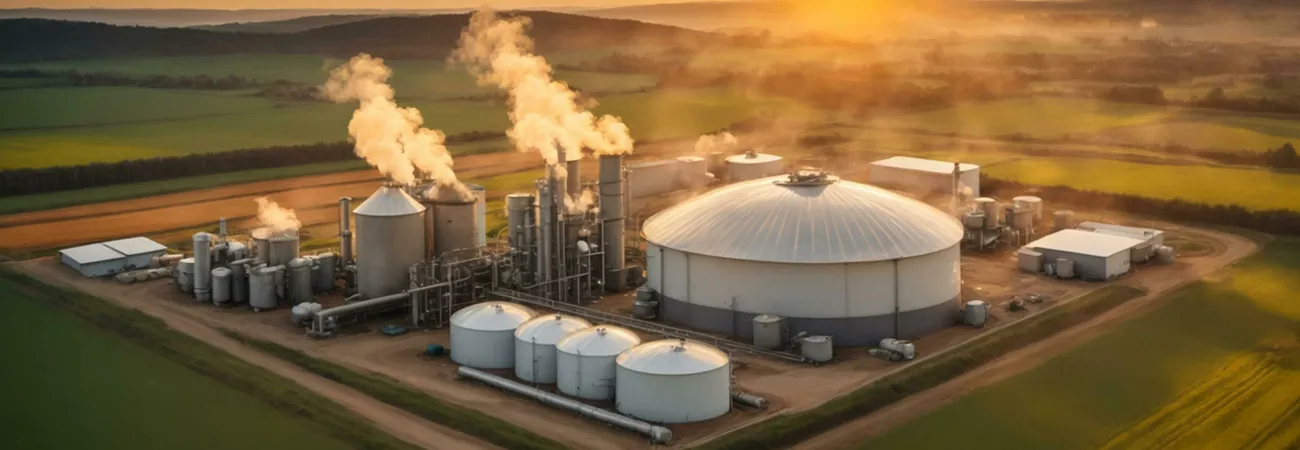i ECONOMY
The southwestern Sindh province of Pakistan has substantial potential to generate electricity from biogas, especially in the rural areas, and its energy department is working on the Sindh Domestic Biogas Program (SDBP) to tap it, according to WealthPK. The energy department has undertaken a comprehensive feasibility study on biogas by conducting surveys of 50 villages from each district with no gas and electricity or only electricity, Munnawar Talpur, Consultant Department on Energy Projects, told WealthPK. “Various parts of the province have significant biogas potential, which can help meet its energy needs. For instance, the ‘Bhains Colony’ of Karachi has enough cow dung to meet the city’s fuel requirements. However, this animal waste is polluting the sea, seriously damaging the mangrove swamps where the shrimp breeding takes place,” he said. Biogas is produced as a result of decomposition of organic matter and is a mixture of various gases including methane (50-75 percent), carbon dioxide (25-50 percent), nitrogen (2-8 percent), water vapors, trace levels of hydrogen sulphide, ammonia and hydrogen.
Methane is inflammable and serves as a source of energy mostly used in the domestic sector in raw form.Biogas produced in a digester is collected in a gas holder at the top of digester body. The organic materials needed for producing biogas include animal dung, biomass like agricultural waste and municipal waste. In an interview with WealthPK, Sajid Brohi, Chief Power Engineer for the Sindh Energy Development Board, said the province has huge potential to generate biogas due to sizable livestock population which could generate substantial electricity. “Each house with two cows can be provided with a biogas digester that will give cooking gas for a family of four to five people. A small-size digester that can produce 2 to 15 cubic meters of gas per day costs around $650,” he said. This renewable energy source can help Sindh eliminate load-shedding if biogas power generation plants are installed in villages and people are trained to make their productive use.
A village with 1,000 cows can easily generate 200 kilowatts, which is sufficient to meet its electricity needs, according to experts. “Poultry farms and rice, vegetable oil and paper mills can be disconnected from the national grid, as they can generate their own power from their waste. If the government fully exploits this available biogas potential, the province can easily meet its energy demands,” he added. Pakistan has been grappling with the energy crisis for many years. The miseries of consumers compounded further after the electricity tariffs skyrocketed in recent years. In view of the rising power tariff, the government has planned to go for cheap alternative sources of energy like solar, wind and biogas to phase out power generation from expensive fuels like thermal, imported gas and coal.
Credit: Independent News Pakistan (INP)









